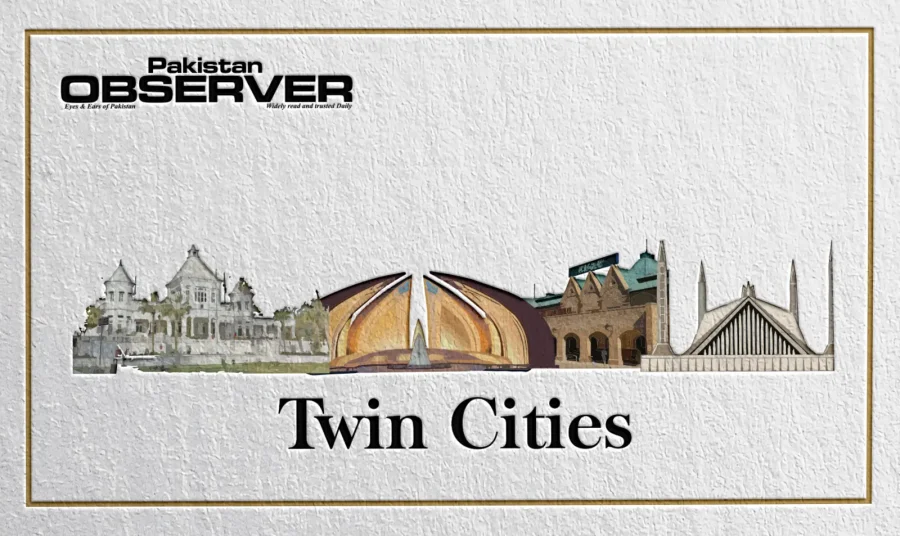Pakistan Environmental Protection Agency (Pak-EPA) enforcement team on Friday confiscated over 25 kilogram single-use plastic bags in D-17 and issued three warnings to the perpetrators for violating the ban on one-time-use polythene bags being imposed in the federal capital.
The violators namely Pak-Cash & Carry, Labaik Bakers and Islamabad Mart at D-17 sector have been issued warnings whereas all hotels and market associations were consulted again and again to stop the use of prohibited single-use plastics under its slogan, “SAY NO TO SINGLE USE PLASTICS”, said a Pak-EPA official.
Earlier, the Pak-EPA had converted around 1,985 kgs of confiscated banned single-use polythene bags into green benches and planters in its effort to contain maximum damage to the environment and nature.
“Plastic pollution has become more visible both on land and in waterways around the world. Annually 459.75 Million tons plastic is produced globally. Till 2019 accumulatively 9.5 Billion Tons plastic has been produced. Annually 350 Million Tons of waste is generated globally, out of which, 35% from single-use plastics. Pakistan alone produces 3.3 Million Tons of plastic waste that is equivalent to height of two K2 mountains. The crisis prompted 175 nations to adopt a resolution at UNEA in 2022 to develop an international legally binding instrument to end plastic pollution from source to sea by 2024,” she said.
There has been a complete ban imposed on polythene bags (manufacture, import, sale, purchase, storage and usage) in Islamabad Capital Territory (ICT) under Polythene Bags Regulations on 14th August 2019 to effectively address the plastic issues particularly excessive use of single-use polythene bags in the country.
The Pak EPA had initiated an exhaustive consultative process with the line ministries, provincial environment departments, ICT administration, industries and other relevant stakeholders for developing Single-Use Plastics (Prohibition) Regulations, 2023 as well as restriction on use of Polyethylene Terephthalate (PET) bottles in Federal Ministries/Divisions.
The aim of Single-Use Plastics (Prohibition) Regulations 2023 is to fight littering and prevent carcinogenic and problematic plastic items from entering the market to achieve the following objectives: Reduce adverse impacts on human health and environment, Transition to a circular economy , Make solid waste systems more efficient by reducing burden ,Shifting responsibility of waste collection on polluters Encourage engagement of private sector and community in combating plastic pollution, she added.
It may be mentioned that the Single-Use Plastics (Prohibition) Regulations 2023 stated that due to lack of alternatives and need for transition to a circular economy, single-use plastic beverage containers shall contain at least 50% recycled plastic from 1st July 2028, based on ‘polluter pays principle ‘plastic waste may be collected by producers, importers and beverage companies, record keeping and disclosure of data by producers and importers of single-use plastics, whereas producers, importers, distributors, suppliers and beverage companies may be directed to initiate awareness campaigns and for enforcement of these Regulations, fines may be imposed by the Pakistan Environmental Protection Agency for violations.










